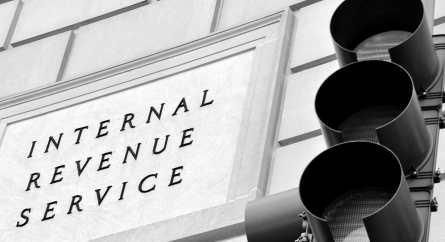SECURE Act Not All About Retirement: Kiddie Tax and Survivor Benefit Plans
With the passage of the Setting Every Community Up for Retirement Enhancement (SECURE) Act of 2019, Congress included a fix to the so-called “kiddie tax.”
The kiddie tax is aimed at dependent children who have significant unearned income. Prior to the Tax Cuts and Jobs Act of 2017 (TCJA), the tax on a child’s unearned income over a threshold amount ($2,100 in 2018) was taxed at the parent’s tax rates. The TCJA changed the calculation of this tax by imposing a tax at the trusts and estates tax rates, which are generally much higher than the individual tax rates. For example, the tax for a child with $15,000 of unearned income in 2018 would pay a tax of $3,151, calculated as follows:
- $15,000 less kiddie tax exemption of $2,100 = $12,900
- Tax at 10% for the first $2,550; 24% for amounts between $2,551 and $9,150; 35% of the remainder
Contrast these burdensome rates with those of a married couple who would not be taxed at 35% until their taxable income exceeded $400,000.
In addition to the increase in taxes on children with interest and dividend income, this change also resulted in an enormous tax increase on gold star families, which are those families that lost a loved one as a result of their military service in combat. The Survivor Benefit Plan (SBP) is a military survivor retirement benefit these families receive. Income from the SBP is taxable as a form of taxable military retirement pay. When a child receives SBP payments, the payments continue until age 18 or 22 if the child is a full-time student. Since SBP payments are also considered unearned income, the TCJA increased the marginal tax rates for these military children. Instead of being taxed at the greater of the parent’s tax rate or the child’s tax rate, a child subject to the “kiddie tax” who was receiving SBP payments was required to calculate his or her own tax liability using the significantly higher estate and trusts tax rates.
Whether the change in the kiddie tax was an intentional provision to raise revenue for other tax cuts or was simply a product of the rushed and haphazard manner that the TCJA was passed, Congress and President Trump had a problem. Raising taxes on the backs of the families of service members who made the ultimate sacrifice on what was described as a tax cut did not sit well with many people.
Fortunately, Congress repealed the change in the tax calculation as part of the SECURE Act returning the tax calculation to the pre-TCJA rates (the higher of a child or parent’s tax rates). The change is also retroactive to 2018 so those families affected may want to consider filing an amended tax return for 2018. IRS topic 553 provides more information about the application of the kiddie tax.
Categorized: Taxes
Tagged In: Kiddie tax, SECURE ACT, Survivor Benefit Plan











